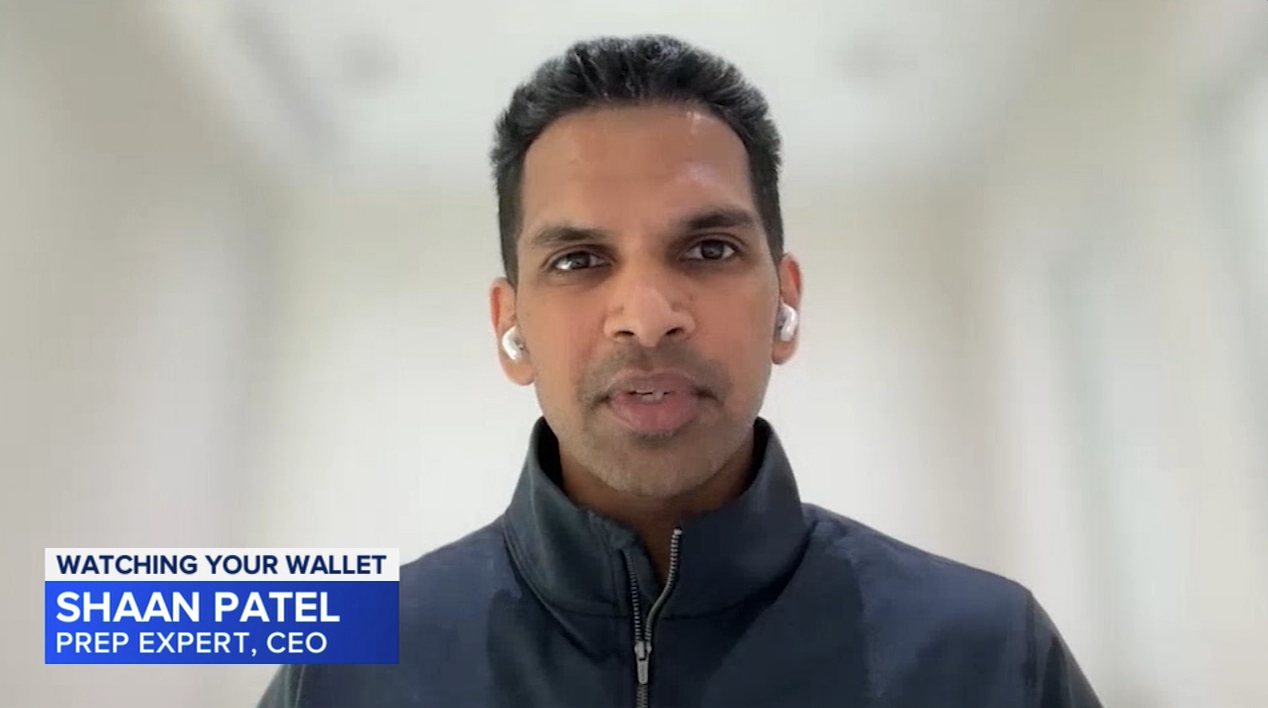4 Extracurricular Activities for a Career in Medicine

Are you considering a career in healthcare? If so, did you know there are ways to kickstart your career path and start building the skills you need while you’re still in high school? It’s true! We’ve put together a list of 4 extracurricular activities that high school students can use to learn what it’s like to work in healthcare, gain hands-on experience, and lay the groundwork for crafting competitive applications to both undergraduate and medical school programs. Let’s get started!
1. Volunteer at a Hospital or Clinic
Volunteer work looks great on any college application, no matter what career path you end up choosing. However, if you are considering a career in medicine, choosing to volunteer at a hospital or clinic offers a multitude of benefits. It will boost your application, of course, but the experience of working in a hospital can also help you feel more comfortable existing in such a stressful environment. Don’t worry! You won’t be asked to complete anything beyond basic tasks. But, by simply spending time in a clinic, you will naturally become familiar with the way it works and the types of situations you can expect to encounter as a healthcare professional.
Volunteering also provides students with exposure to a variety of medical fields. Healthcare is an extremely broad and diverse profession, with more than 160 specialties and subspecialties in the United States, as defined by the American Association of Medical Colleges (AAMC). There may be specialties that you didn’t even know existed or that you may not have been interested in exploring before you saw them firsthand. Working in a clinic opens you up to a multitude of potential career paths, both popular and obscure.
Volunteer work allows students to observe medical professionals in action as well. This is a very low stakes way of interacting with the profession and deciding whether or not it suits you. By volunteering early in your high school career, you can make an informed decision about your future and narrow down your career paths.
It’s important to know what you will be expected to do before you commit to volunteering at a hospital or clinic. You will not be allowed to advise patients or participate in any medical procedures. Instead, you will be asked to handle more basic tasks around the clinic like washing dishes, making deliveries, filing paperwork, answering phones, greeting and guiding visitors or patients, sorting mail, and more.
To find volunteer programs near you, simply search online for local hospitals. You will most likely be asked to submit an application and interview with a staff member. Some hospitals have additional requirements like TB testing, flu shot, COVID-19 vaccination, background check, etc. If you are under 18, you may also need to submit a letter of recommendation and proof of consent from your parent or guardian. Many hospitals offer dedicated teen volunteer programs, so be on the lookout for those opportunities in your area too.
2. Join a Medical Club or Organization
Many high schools offer medical clubs that students can join if they have an interest in healthcare. These clubs provide opportunities for students to learn more about their field of study, make friends who have similar interests, and gain practical skills by interacting with professionals who are already established in the field.
Medical clubs in various forms. If your school doesn’t already have a medical club available, there are official organizations through which you can open a club. Some of the most notable examples are Global Medical Brigades, Doctors Without Borders, Medical Explorers, and HOSA. By partnering with one of these organizations, your local medical club can learn about real-life experiences directly from healthcare professionals and participate in volunteer programs.
You may also choose to join a more general medical club at your school. These clubs are not necessarily partnered with a specific organization and instead may focus on the local community or a particular field of study. Clubs may center on any number of medical topics, such as anatomy, neuroscience, biology, sports medicine, and more. If you have an interest in a specific medical field that does not already have an established club at your school, consider starting one yourself!
3. Test Out Internships or Job Shadowing
Internships and job shadowing at hospitals or clinics make excellent additions to job applications, especially for competitive pre-med programs. They can help you stand out from the pool of other applicants and show that you are both ahead of the game and committed to medicine as your career path.
These options also provide hands-on healthcare experience and the opportunity to see what a typical day-in-the-life is like for a healthcare professional. You may learn about aspects of the job that you had not already considered. You may even find that working in a particular field does not live up to what you had in mind. You can then use that information to pivot and search for another specialty or subspecialty that better suits your interests. These are opportunities to learn, figure out your likes and dislikes, and gain a competitive edge when building your applications.
Remember that there are healthcare jobs at the administrative level as well. Let’s say that working in a hospital or clinic doesn’t appeal to you, but you still want to pursue a career in healthcare. You can choose to work in a local health organization, a government agency (like the CDC), or even a health insurance company. These opportunities will allow you to explore the administrative or research-focused sides of healthcare that some individuals will enjoy more than doing hands-on work in a hospital or clinic.
4. Participate in a Research Project
No matter which field of medicine you choose to study, participating in a research project is a valuable way to learn more about a chosen field and gain experience performing medical research in general. High school students can join medical research projects either through a school or an outside organization. Some may be free to join while others may require participants to pay a fee.
If you are interested in joining a medical research project, consider reaching out to local universities, hospitals, summer research programs, biotech or pharmaceutical companies, or clinical trials. Look for projects that interest you or fit into your desired field of study. You can also conduct your own independent research project with guidance from a professor.
Here are some summer medical programs run by national organizations to help you get started:
- National Institutes of Health High School Summer Internship Program (HS-SIP)
- Arthritis Foundation Summer Science Internship Program
- National Student Leadership Conference Summer Medicine & Health Care Programs
- Medical Immersion Summer Academy (MISA)
What do you think? Are you excited to pick up any of these extracurricular activities? Remember that admissions officers love seeing extracurriculars that showcase your commitment to your chosen field, your dedication to learning and self-improvement, and your contributions to your community. Start exploring your options for a future career in medicine today!
Written by Dr. Shaan Patel MD MBA
Prep Expert Founder & CEO
Shark Tank Winner, Perfect SAT Scorer, Dermatologist, & #1 Bestselling AuthorMore from Dr. Shaan Patel MD MBA

Ivy League Applications: What Sets A Student Apart
Every year, tens of thousands of students apply to Ivy League schools. Only a small fraction receive an offer of…

The Student Loan Rules Just Changed—And Most Families Aren’t Ready
By Dr. Shaan Patel, CEO & Founder of Prep Expert® Student loans have always been complicated. But starting in…

Confidence Is the Hidden Score Booster No One Talks About
Most students think SAT® and ACT® success comes down to knowing more math formulas or grammar rules. That’s only half…